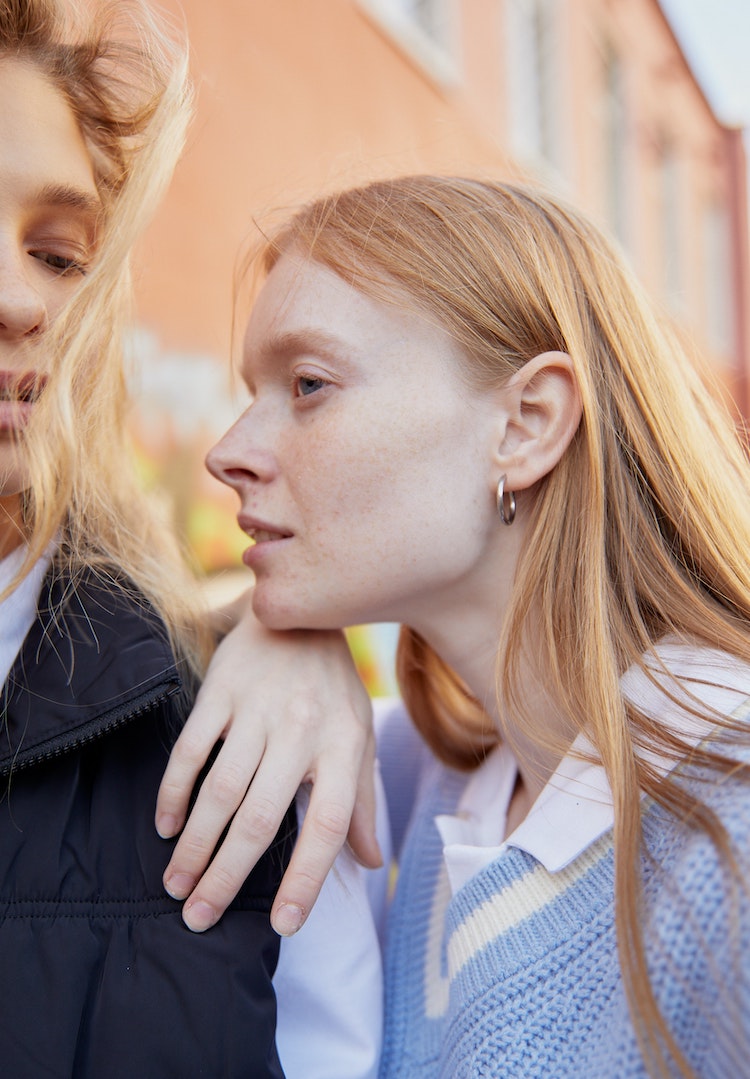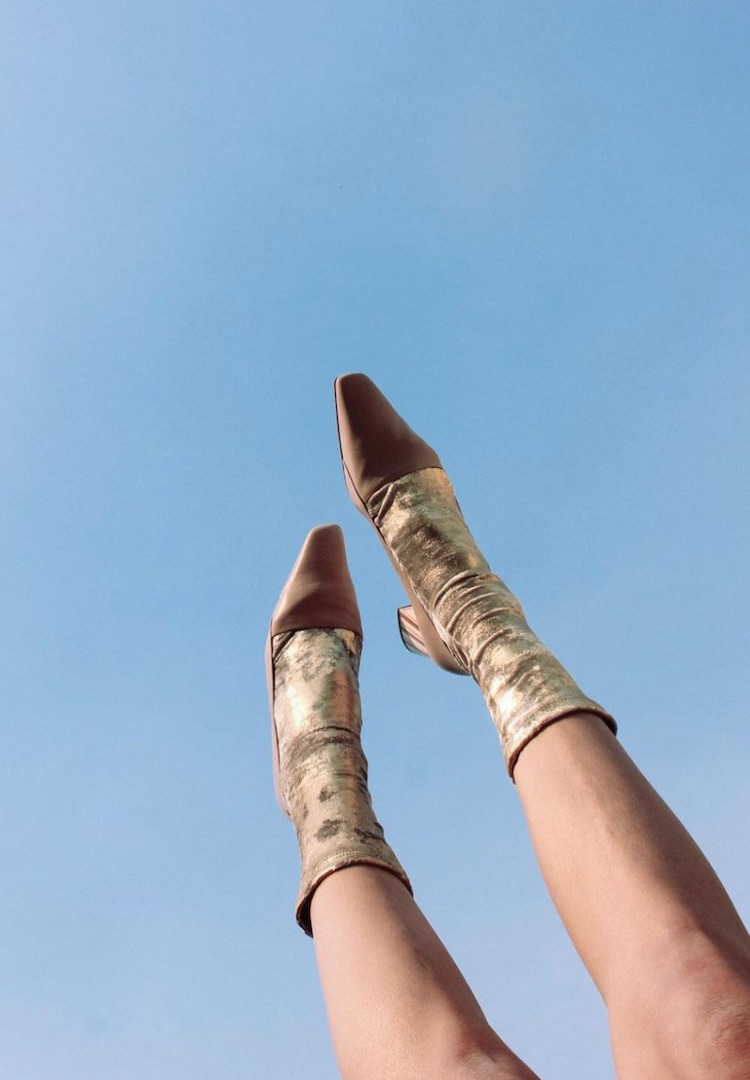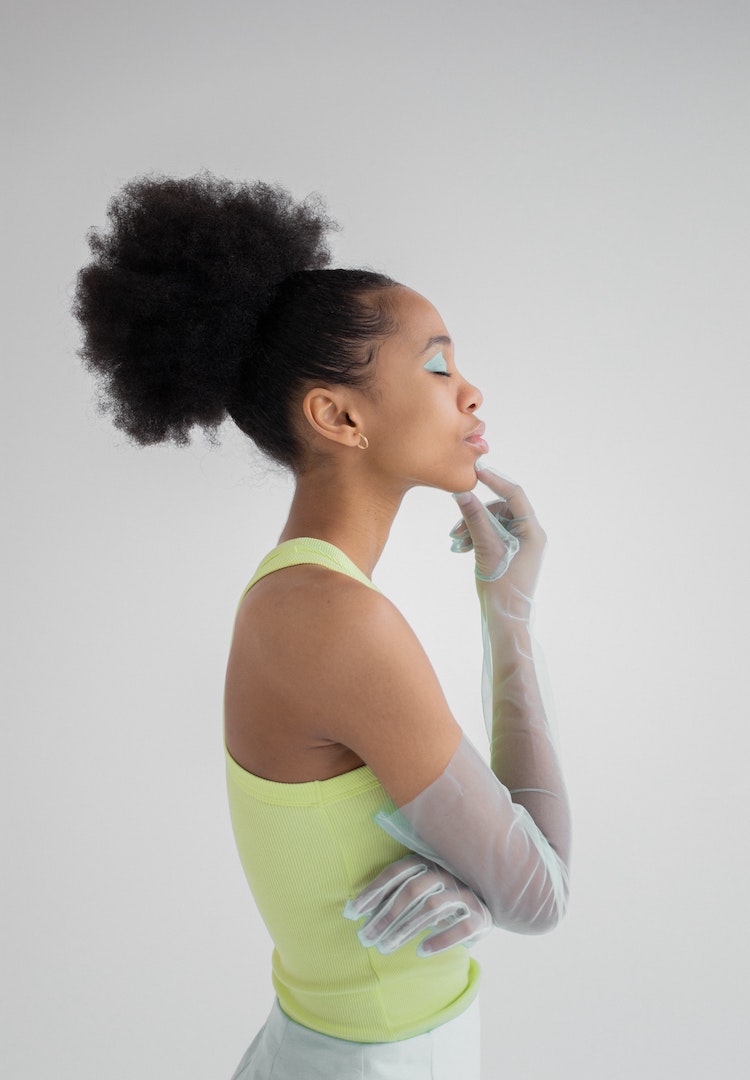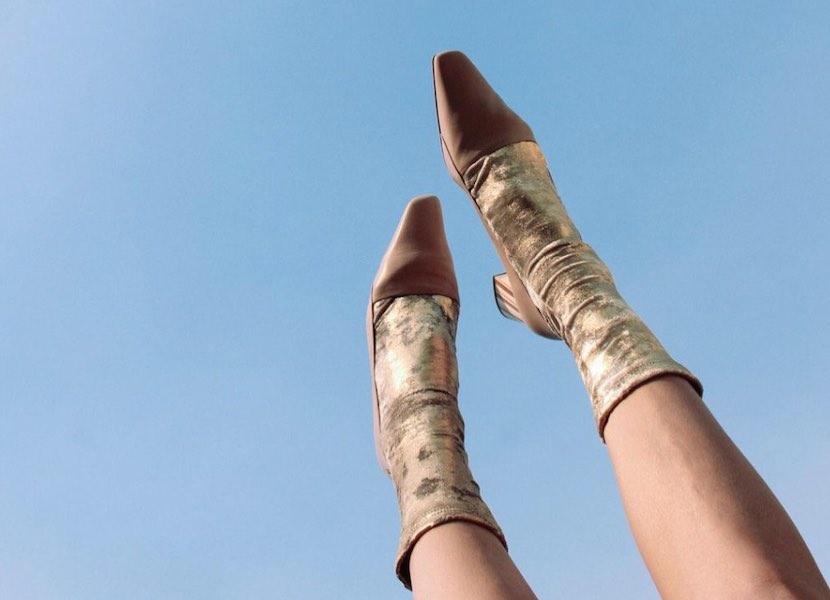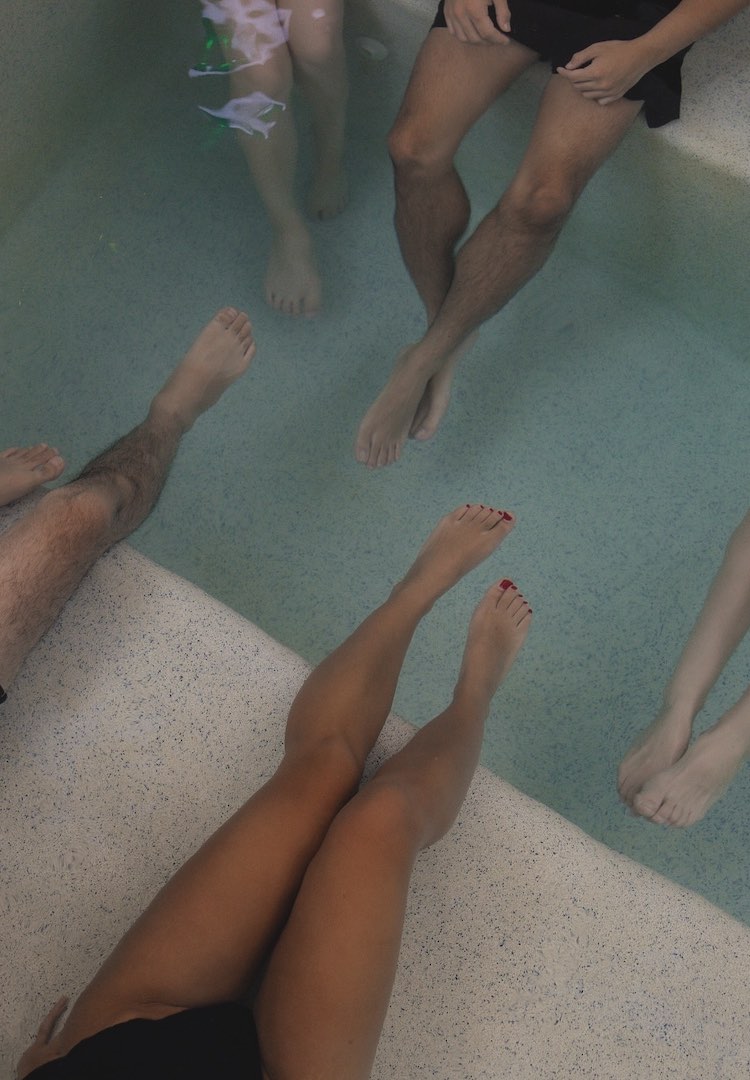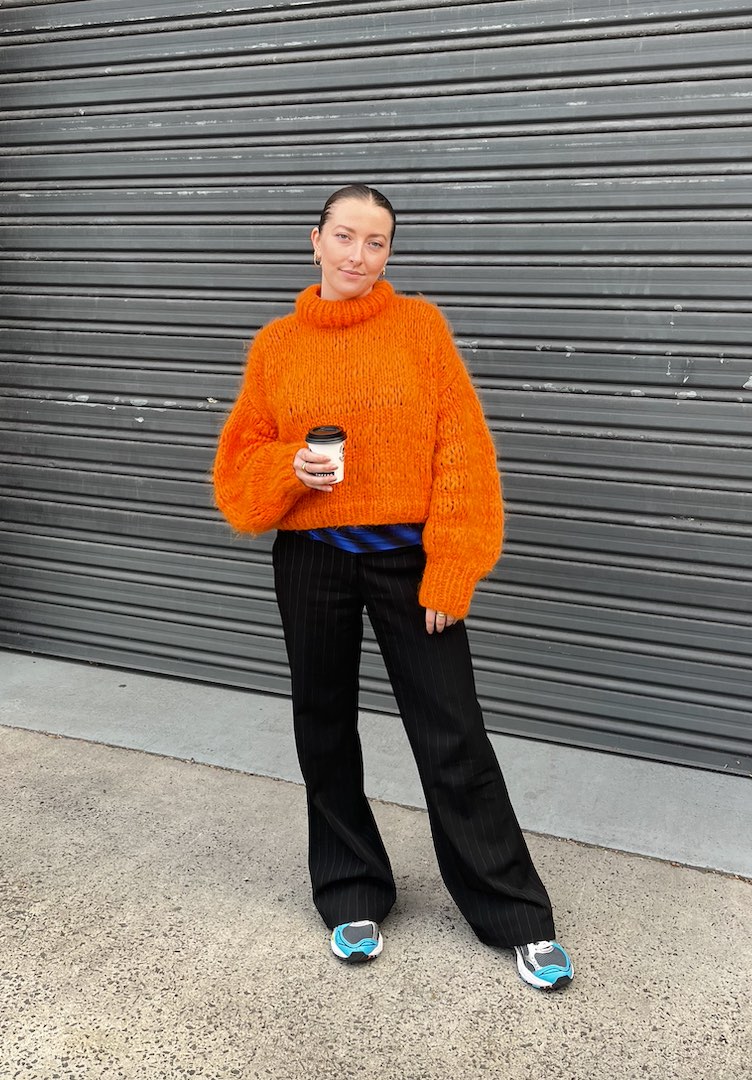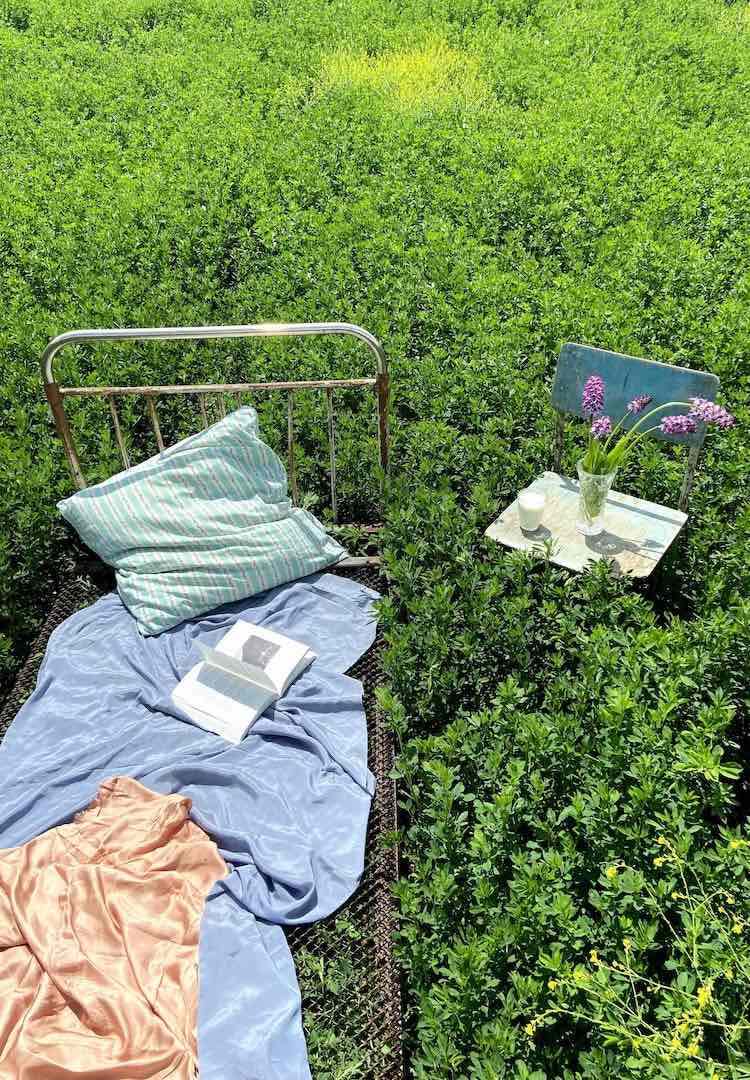There’s an upside to having anxiety, here’s what it looks like
IMAGE VIA @degoey_planet/INSTAGRAM
WORDS BY BUNNY BANYAI
“I’m often grateful for my high levels of resting anxiety, which have at times tormented me, but have also frequently kept me out of harm’s way.”
Unlike its cousins, depression and bipolar, anxiety has never been sexed up for film and TV. There are plenty of films portraying beautiful mad girls losing their minds (usually with an ensorcelled suitor watching helplessly from the sidelines) while maintaining a voracious appetite for unhinged sex, but very few films have attempted to make anxiety a desirable trait.
Worrying about germs on handrails and triple-checking the stove is off is not a turn-on. Of course, the reality of depression is distinctly unsexy too, but it’s anxiety, we’re led to believe from its on-screen depiction, that is the really uncool affliction. Betty Blue would never have worked if Betty was just inordinately scared of plane travel and flu season.
Interested to hear how others navigate the world? Head to our Life section.
But I would argue that wanting to just stay safe and, you know, alive is not a massive turn-off. Ask not ‘What has anxiety done to me?’ but ‘What can anxiety do for me?’. A healthy awareness of life’s dangers goes some way to avoiding preventable death and disease. I’m often grateful for my high levels of resting anxiety, which have at times tormented me, but have also frequently kept me out of harm’s way.
When I was six, I was having a post-ballet class burger at McDonald’s with my mother and brother and noticed flames and smoke coming from the kitchen, in full view of all the other diners. As I took in the spectre of the burning kitchen, I noticed a weird thing: no one else was reacting.
Not one person. I couldn’t believe it. So, I let out an almighty scream. No deer in the headlights denial phase for me before springing into action. Being permanently primed for the worst-case scenario, I had no problem recognising the worst-case scenario when I saw it.
The other diners finally sprang into action and began to evacuate, moments before the fire brigade arrived. Now, I’m not saying I saved any lives that day, despite this being my preferred narrative, but my anxious, reactive nature at least ensured that we all hightailed it out of there that much sooner.
(On the other hand, the most relaxed boy I ever dated died in an avalanche in the Himalayas, which is not a fate that tends to befall anxious people. We understand that mountain climbing is frequently associated with ‘negative patient outcomes’, and we take sensible steps to avoid it.)
The other upside is that – stay with me here – anxious people are more fun to be around. We’re more alert and we’re more alarmed, which naturally makes us keen observers of life. The cool crowd in high school may be the nonchalant and effortlessly unruffled ones, but 90 per cent of the time those kids are relaxed and comfortable because they are boring.
This is the great secret that no one tells you when you’re a teenager. The cool kids are not anxious because they don’t think very much. I wanted nothing more than to be one of the girls who slithered around the schoolyard, lazily tossing my awesome mane of flaxen hair behind my shoulders (cool girls, at least in the mid-’90s always seemed to have extremely thick blonde hair – it was as if their healthy locks offered some kind of protective, pro-vitamin B insulation against the vagaries of high school politics).
Now, with the benefit of hindsight, I am very glad I wasn’t popular. The girls I wanted to be like in high school went on to marry their high school jock boyfriends, hang out at places with names like Reef’n’Beef (Aussie surf’n’turf) and settle down in the suburbs, which is all just fine, but would have left me wanting. Neurotics are simply more fun to be around. They make music and art and movies and all your favourite shows on Netflix.
If you require any further proof, a 2015 study by genomic analysis company Decode Genetics revealed that visual artists, writers, actors, dancers and musicians in Iceland were 17 per cent more likely to carry genetic variants linked with mental health issues than the general population, and the number shot up to 25 per cent when the authors looked at a different data set from earlier studies conducted in the Netherlands and Sweden.
Dr Kári Stefánsson, the author of the study, said, “The results of this study should not come as a surprise, because to be creative, you have to think differently from the crowd.” So wear your anxiety with pride – you’re in good company. And you might be the next Frida Kahlo.
This is an edited extract from Anxious Girls Do It Better: A Travel Guide for (Slightly Nervous) Girls on the Go by Bunny Banyai, published by Hardie Grant Explore, RRP $29.99, available in-stores nationally.

